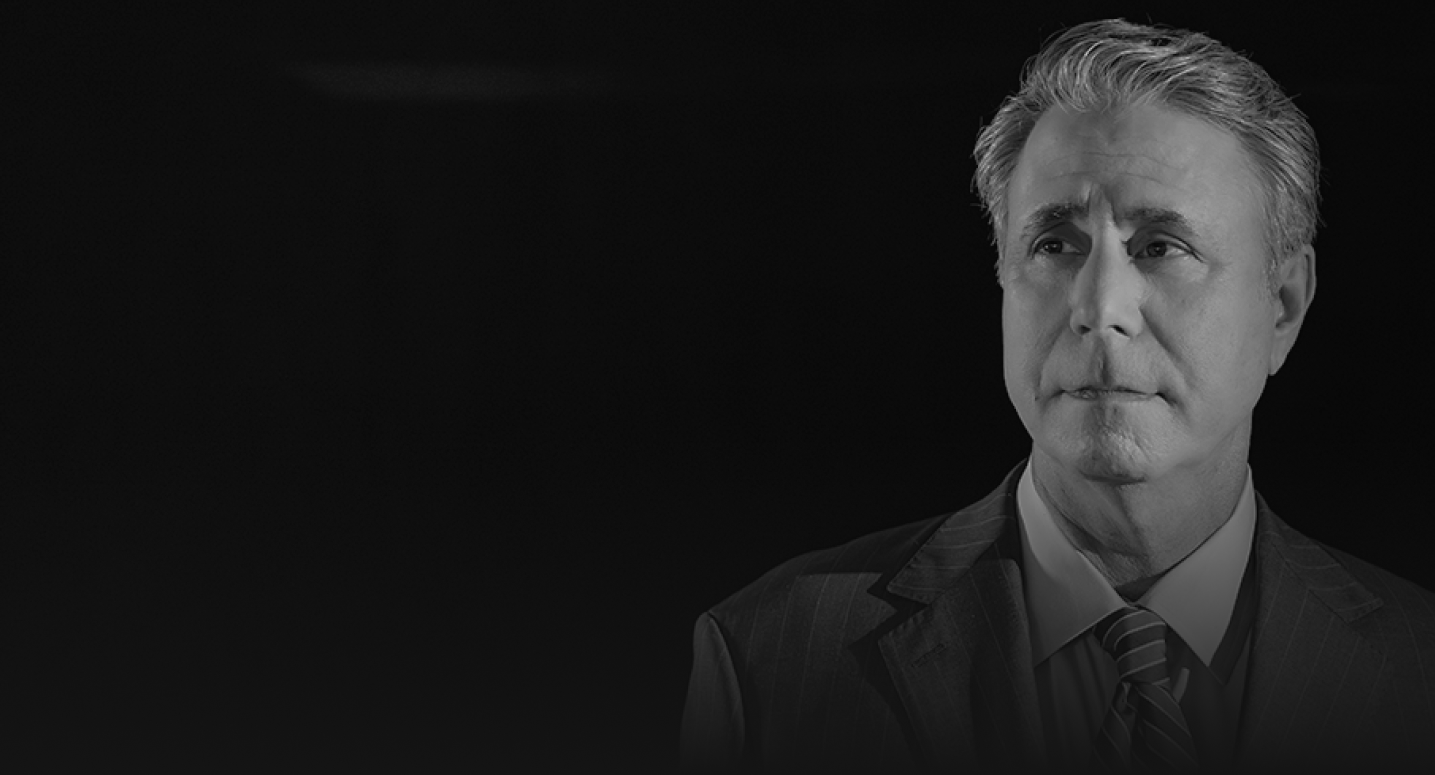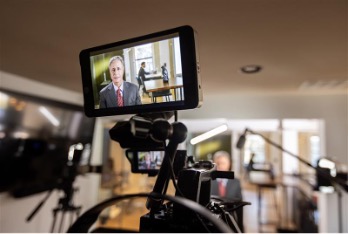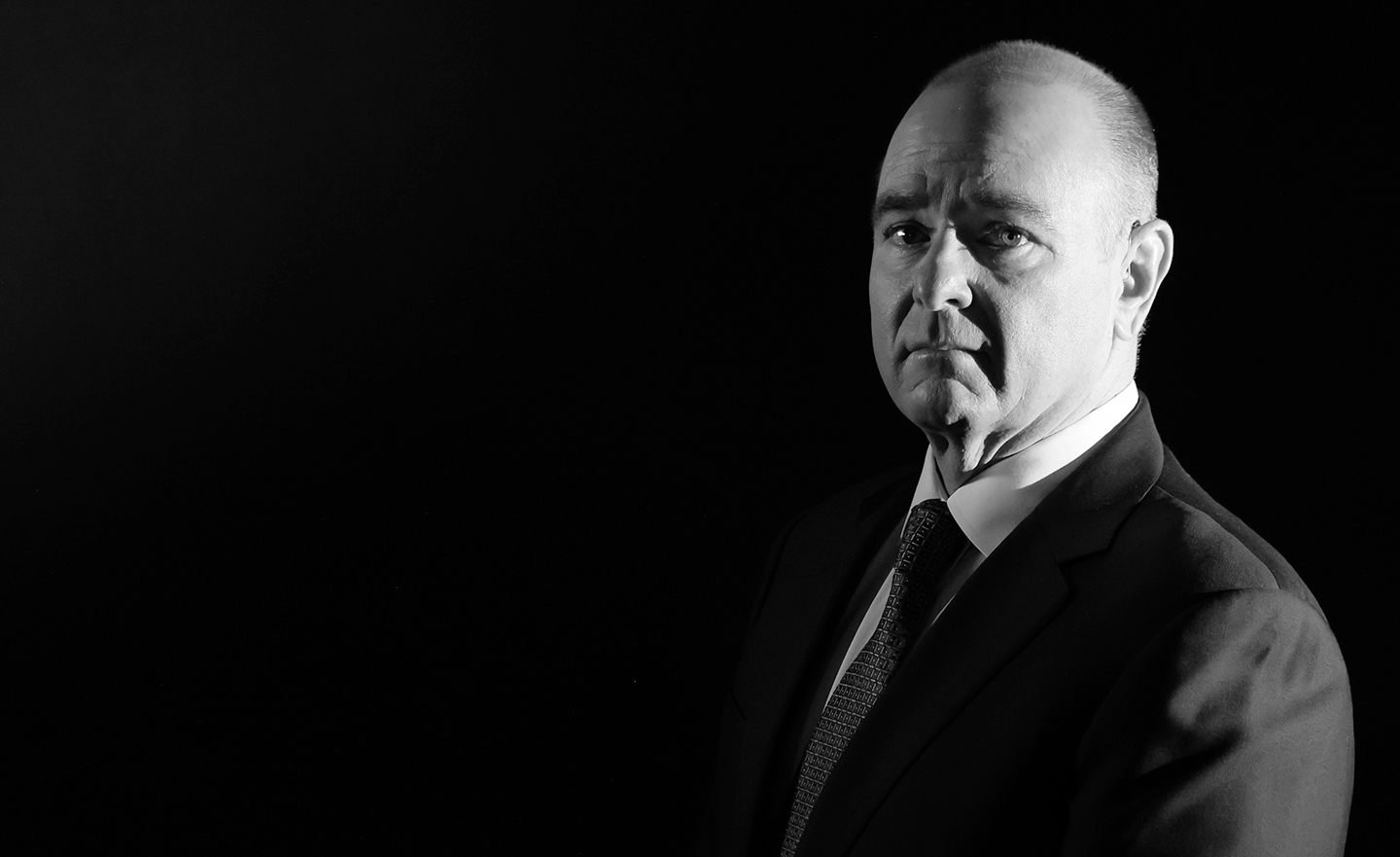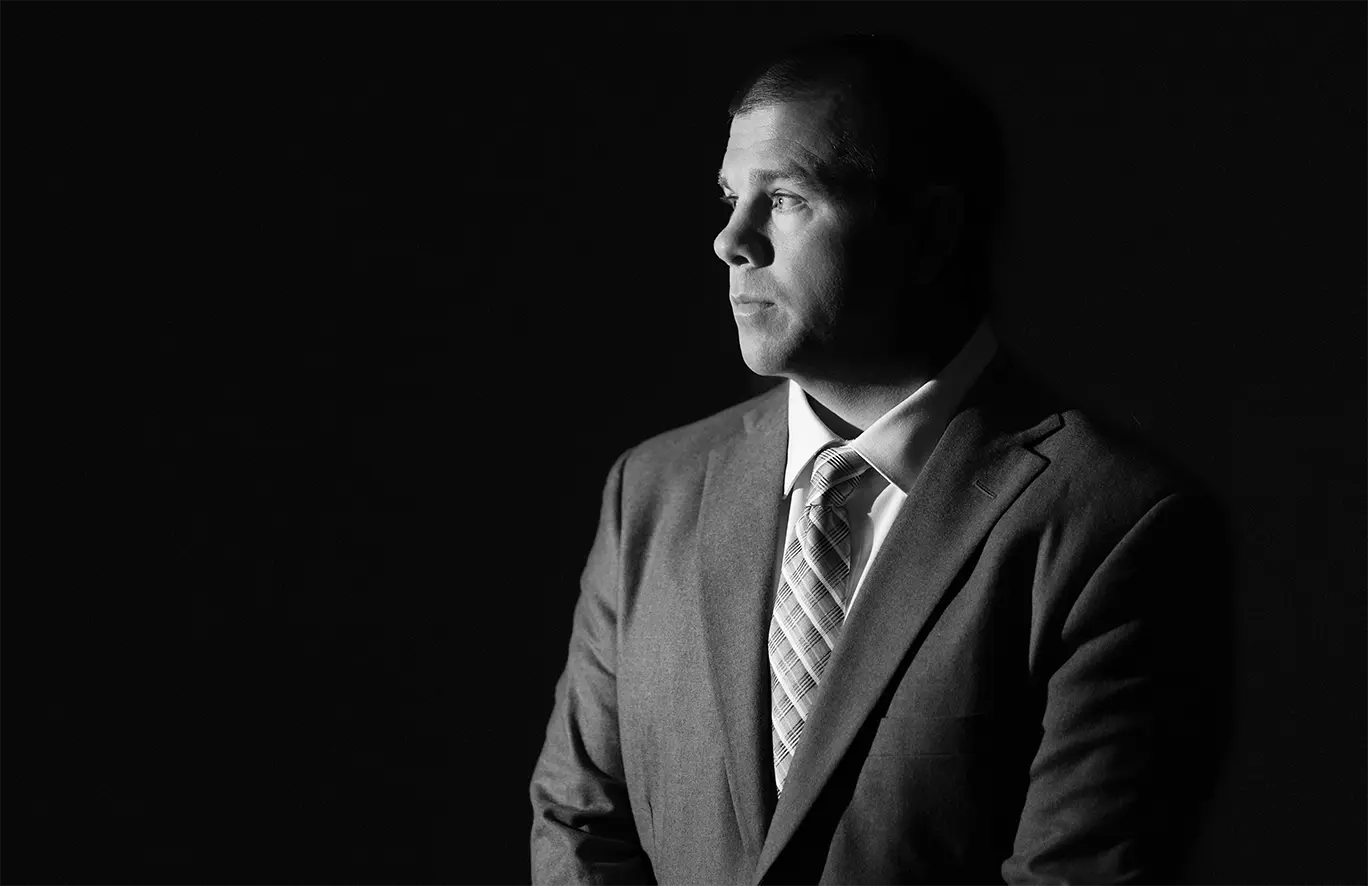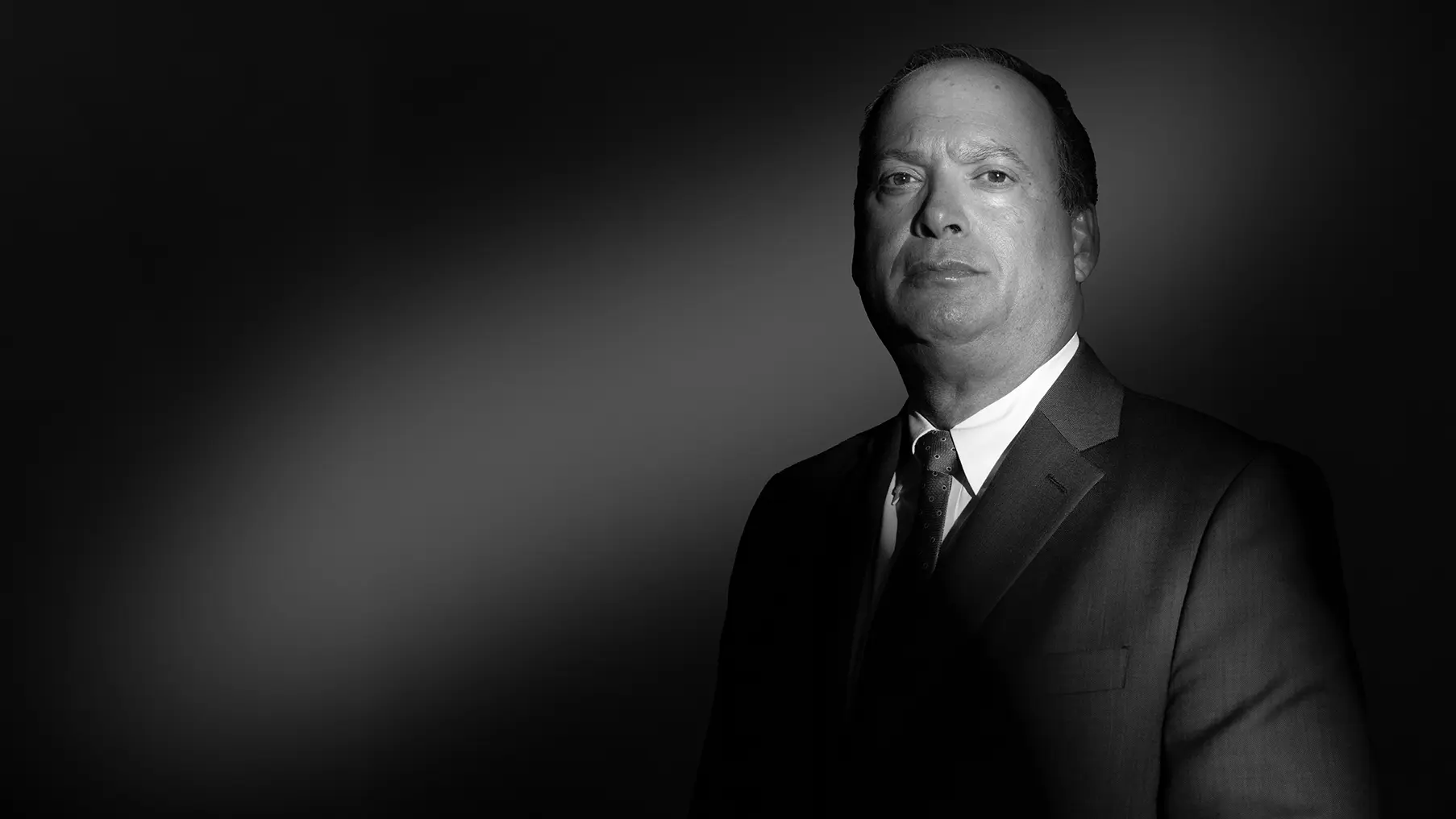Jay SaddPartner at Slappey & Sadd
Who demands accountability from corporations who harm or neglect people?
Jay Sadd,
that’s who.
How an Insurance-Defense Attorney Turned Trial Lawyer for The People
After earning his law degree, Jay Sadd faced the same reality most green attorneys do when they’re fresh out of law school: get a job and get one fast. Graduating from Mercer Law School in Macon, Georgia – one of the oldest law schools in the United States – Jay was eager to start his career.
That’s why, on paper, the position Jay accepted had everything a young lawyer could hope for – stability, the opportunity for real trial experience, and the chance to build a professional career. Over the course of five years, it paid the bills and helped him grow as a litigator and a person. But perhaps more importantly, that role catalyzed his true calling.
“During those years, I saw how insurance companies and corporations treated these cases…not like people were involved, but just numbers,” Jay remembers. “Five years into it, I realized working on the defense side wasn’t the right thing for me.”
Fortunately, that five years included ample career-building experiences, providing Jay a foundation that would serve him for the next three decades.
“[I realized] this is not what I want to do. This is not representing people or doing something that will help somebody who really needs it.”
So, in 1992, Jay did what many lawyers call “jumping the fence,” or leaving corporate defense behind to start his own law firm: Slappey & Sadd, LLC.
Based in Atlanta, Georgia, Jay founded a contingency fee law firm alongside his friend from law school, Scott Slappey. As partner, Jay has helped stake the firm’s claim in handling wrongful death and catastrophic injury cases for more than 30 years.
“Unfortunately, anybody can fall victim to the negligence of a corporation or someone else,” says Jay. “Not everybody gets treated the same way and a lot of people need help. They need somebody to stand up for them and help them.”
Money is important – but it’s not the catalyst
With a past working in insurance and product liability defense, Jay is acutely aware of the public perceptions of lawyers. Whether defending corporations or people, misconceptions exist all the same, particularly undercutting the critical value trial lawyers bring to their communities.
“Money is an important aspect because that’s all you can really recover for your client,” Jay says. “We can’t reverse what happened in the past when, somebody has lost their leg or lost a loved one. [That’s why] we measure the value of the loss of a limb or the value of human life through money, because it is the only effective way. If somebody has lost the breadwinner of the family, they need that compensation to live.”
Recovering for his clients is what’s most important to Jay, often representing those who wouldn’t otherwise have a chance at justice. Yet, it’s more than just recovering a sum; it’s helping clients recover physically and mentally so they can chart a path forward.
“It’s particularly important to our clients when they don’t have any [money], or their ability to make money has been taken away because they’re disabled [by] negligence,” says Jay. “I’m not saying money is not important – it’s a part of the system. But it’s not why we practice law. Our mission is making people’s lives better, and when we’re able to do that, we’re happy.”
Winning cases for a larger cause
In trying catastrophic injury and wrongful death cases, Jay has seen his fair share of catastrophic events, including medical malpractice. Even though the cases are grave, often involving unimaginable loss, a win in the courtroom can still mean everything to both grieving families and future patients. Namely, they are opportunities to herald greater change among the industry.
“One of the great things about being a trial lawyer is you’re not always just representing your client – a lot of times you’re representing a cause,” says Jay. “You’re contributing to a change that’ll make things better for the next person.”
“Without trial lawyers, there’s nobody there to fight greed, to fight the breach of justice, and to make sure people are treated fairly when something bad happens to them.”
Jay Sadd
Partner at Slappey & Sadd
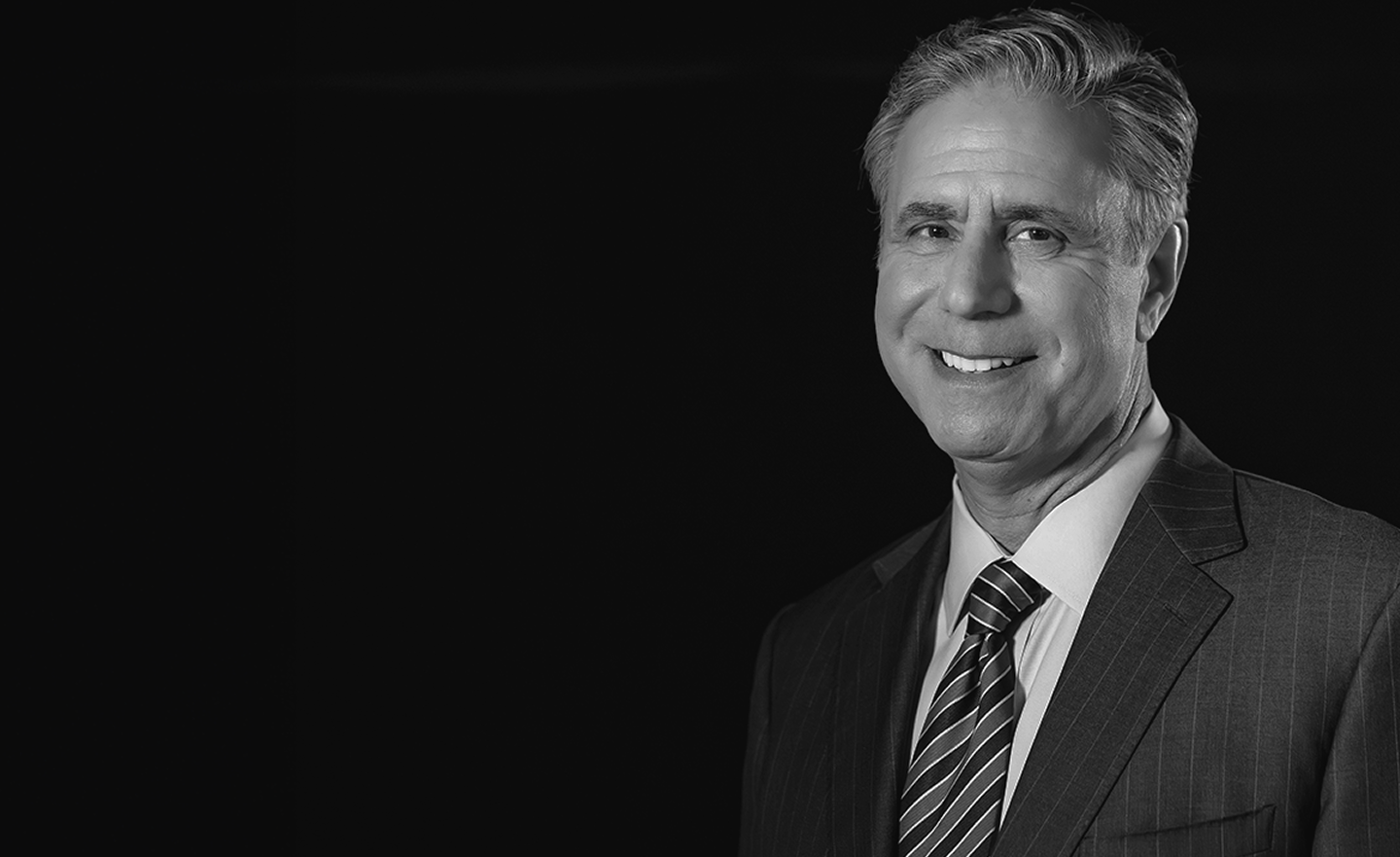
“Without trial lawyers, there’s nobody there to fight greed, to fight the breach of justice, and to make sure people are treated fairly when something bad happens to them.”
Jay Sadd
Partner at Slappey & Sadd
Championing accountability: the overuse of propofol
These cases aren’t everyday occurrences, but that makes them no less important. For Jay, one such case comes to mind – and heart.
“That case involved using too much propofol in a pain management case, and [it] caused our client to stop breathing,” Jay explains. “She suffered brain damage and eventually died – it was tragic.”
In 2008, one of Jay’s clients saw a physician for an epidural procedure to relieve her back pain. What should have been a standard procedure went awry after her doctor continued using propofol as a sedative despite low blood-oxygen levels and “warnings from medical staff and two monitors…in an increasingly chaotic operating room.”
Because the doctor neglected these signs of distress, the patient’s adverse reaction to the propofol led to hypoxia, or critically low blood-oxygen levels. Not only did this cause severe brain damage, but it left her bed-ridden without the ability to communicate. This persisted until she eventually succumbed to brain-injury complications in 2014.
That’s when her husband took action. Hiring Jay Sadd and his law firm to represent the case, the firm’s team was determined to recover justice for pain and suffering, medical expenses, and wrongful death.
The two-week trial focused on what specifically caused Jay’s client’s brain damage, as well as whether or not her doctor failed to provide proper care during her procedure. While the doctor’s defense argued that it was a sudden stroke that caused her brain damage – and that her doctor could not have reasonably predicted the propofol complication – Jay asserted otherwise and the jury unanimously agreed by rendering a ground-breaking verdict in his client’s favor.
Catalyzing change among standards of care
At the time, of course, Jay was pleased by the trial’s outcome, and his law firm’s ability to attain justice for his client and late wife. However, he wouldn’t realize the true impact of the case until much, much later.
“Several years later, I’m on the phone with a pain management doctor – I’d never met him before. But he said, I know who you are,” Jay remembers. “I [asked], ‘How do you know me, doctor?’ And he said, ‘I was the president and CEO of a pain management practice with 25 locations. About five years ago, you had a case and won. And as a result, we quit using so much propofol.’”
“He actually thanked me for winning that case, because he had been trying to convince his doctors that they should slow down on the use of propofol. Winning the trial was something that pushed it over the edge,” says Jay. “[It was] one of the most gratifying things that ever happened to me in my practice.”
For Jay and Slappey & Sadd, that phone call was cause for celebration, representing the true impact of trial lawyers on those harmed through no fault of their own – specifically by institutions meant to help.
“That trial for one family has helped a lot of other families. We’ll never know how many lives might’ve been saved, or how many people won’t have brain damage because they got too much propofol. We’ll never see a dime for that,” Jay says. “But the good that we did in that particular case is something we’re proud of.”
Battling bad-faith insurance
Because a majority of Jay’s casework centers on wrongful death and catastrophic injury, that means he’s almost always dealing with insurance companies. But given Jay’s past life as an insurance defense attorney, he knows the games these companies play.
“[That] work is invaluable to the way we handle cases today – it really took away all the mystery, and I think it gives us a little bit of an edge, if you will,” Jay asserts. “When I’m handling a case on behalf of a man, woman, or child, I know that what’s happening on the other side is something that I can handle – that [they’re] going to have a hard time tricking us.”
Recent data by The Commonwealth Fund cites that 17% of respondents reported their insurer denied coverage for doctor-recommended care. What’s more, almost 6 in 10 adults experiencing a denial in coverage noted a delay in their care.
Now more than ever, Americans are struggling to benefit from the health insurance they’re paying for – and oftentimes required to have in certain states, lest they be penalized. Fortunately, trial lawyers like Jay are using their expertise to hold these insurance companies accountable if and when they act in bad faith.
And Jay would know bad-faith insurance, considering he co-wrote a book with his partners Richard Dolder and Samantha Johnson on the subject: Insurance Bad Faith: The Law in Georgia; 2. in 2024.
“A big part of our practice is dealing with those insurance companies and understanding how to motivate them to do the right thing,” explains Jay. “The truth is, insurance companies are for-profit businesses, and they very much operate like for-profit businesses. If they can save money by making low offers, they will. Our job is to put a stop to that.”
Specifically, Slappey & Sadd often represents a specific type of bad-faith claim called “bad faith failure to settle,” where insurance companies skirt their duty to protect insurers from legal liability by “low-balling” a claim, which subjects the policyholder to unnecessary lawsuits and liability.
“Insurance companies should settle cases when there is liability [after] somebody has been hurt or [killed]. When they don’t settle those cases, it’s called insurance bad faith, and we have handled quite a number of those over the years with a high success rate,” Jay mentions.
Expertise that goes the distance
One such victory was a confidential settlement of a case that nearly went to trial, according to a Daily Report article on Law.com. Jay represented Amy Kemper, an off-duty deputy who was catastrophically injured when a drunk driver slammed into her motorcycle.
The article explains that Kemper’s medical bills exceeded a million dollars. And though the liability was clear, the policy limit was low – only $25,000 – causing her insurer to delay payment and impose unreasonable conditions.
Instead of honoring Kemper’s explicit request for no contact and a simple, limited release, the insurance company insisted on placing the funds in escrow and demanded details on potential liens, which her attorney argued constituted a counteroffer and thus a rejection of her demand.
“There are professional standards and practices [insurance companies] must follow, and if they don’t, then they’re not fulfilling their promise to the people or companies they insure,” says Jay.
This incited what could have been $10 million trial, until a federal judge ruled that a jury should decide whether the insurance company’s conduct was bad faith. Faced with the exposure, the insurer opted to settle.
These are not abstract policy debates. They’re human stories of people like Kemper who endured broken bones, internal injuries, and institutional resistance while simply trying to rebuild her life.
“Without trial lawyers, there’s nobody there to fight greed, to fight the breach of justice, and to make sure people are treated fairly when something bad happens to them,” Jay asserts.
“The trial lawyer is who says, ‘I’ll represent you for nothing and not charge you a dime unless we can recover for you. Then you can pay us,’” explains Jay. “This makes it affordable for people to stand up for themselves, and it gives them the opportunity to hire somebody who’s trained, who knows about the law, and who is willing to fight for them.”
A bank that has your back
Not having to charge their clients a dime upfront is one defining quality of contingency fee law firms like Slappey & Sadd. It’s an imperative that makes justice more than just winning courtroom victories but upholding the right financial nimbleness to take on Goliath-sized opponents without hesitation.
That’s why the law firm’s relationship with Esquire Bank is more than transactional – it’s strategic. Built by attorneys for trial lawyers, Esquire understands the real cost of standing up for people who need it.
“We never think that our success is only because we’re good at what we do. We collaborate and work with other lawyers or relationships,” says Jay. “One of those is Esquire Bank, and [they’ve] always had our back.”
With Esquire’s banking solutions tailored specifically for law firms like Slappey & Sadd, it makes taking on corporate wrongdoers or stonewalling insurers all the more possible. That way, the firm no longer has to choose between operating sustainably and pushing for meaningful legal outcomes.
“One of the things that attracted me to Esquire Bank is that they understand our values, the clients that we represent, and our mission,” Jay reflects. “They do everything they can to give us the opportunity as lawyers to represent our clients as best we can, sometimes under very difficult circumstances.”

